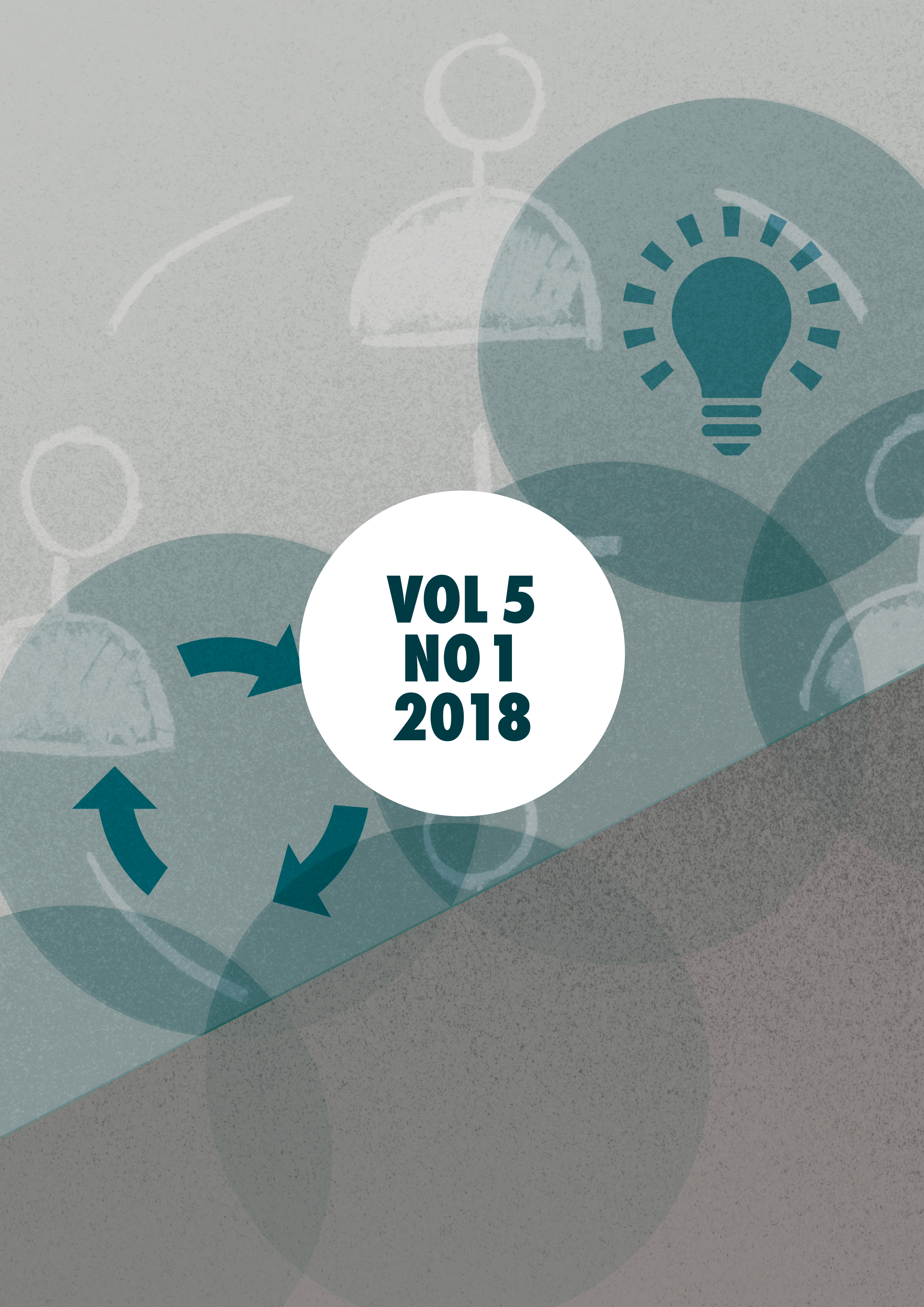"Cultural participation as the essence of life" - an interview with Milena Šešić
DOI:
https://doi.org/10.7146/tjcp.v5i1.105294Keywords:
Cultural participation, Eastern Europe, methodologies, regional histories of participationAbstract
Milena Dragićević Šešić is former President of the University of Arts in Belgrade and the Head of UNESCO Chair in Interculturalism, Art Management and Mediation. She lectures at various European universities in the areas of cultural policy and cultural management, cultural studies and media studies. Milena has been President of the Board of the European Diploma in Cultural Project Management and, in recent years, President of the Cultural Policy Research Award at the European Cultural Foundation.
Born in Croatia in 1954, Milena is a prominent researcher in the fields of cultural studies and cultural policies. She has devoted her attention to both academic and research work as well as to social activism in Europe, the Arab States, Central Asia and the Caucasus region, where she has been strongly involved in civil society and anti-war groups, particularly in the former Yugoslavia.
Milena also serves as a consultant on strategy building and organization reform to cultural institutions and third-sector organizations and has published a vast diversity of essays and books, among them: “Culture: management, animation, marketing”, “Neofolk culture”, “Art and alternative”, “Horizons of reading”, “Art management in turbulent times” and “Intercultural mediation in the Balkans”.
These are only some of the reasons why we decided to invite her to speak with us about cultural participation. Milena provides us with an alternative and complementary approach to the theme of this present issue – an approach that derives from Eastern Europe, Eastern theory and action research. In this interview, she shares with us a challenging way of understanding and practicing cultural participation in political contexts and societies that also matters to a Europe in construction – or, shall we say, to a never finished European project?
Her contribution helps us reflect on the urgency of building more democratic, open minded and inclusive societies. Her experience instructs us on other possibilities of giving life to cultural participation, or to actively participate in cultural life. Possibilities that come from another Europe.
Downloads
Published
How to Cite
Issue
Section
License
Copyright (c) 2018 Conjunctions. Transdisciplinary Journal of Cultural Participation

This work is licensed under a Creative Commons Attribution-NonCommercial-NoDerivatives 4.0 International License.
Copyright (c)): Author
This work is licensed under a Creative Commons Attribution-NonCommercial-NoDerivatives 4.0 International License.





